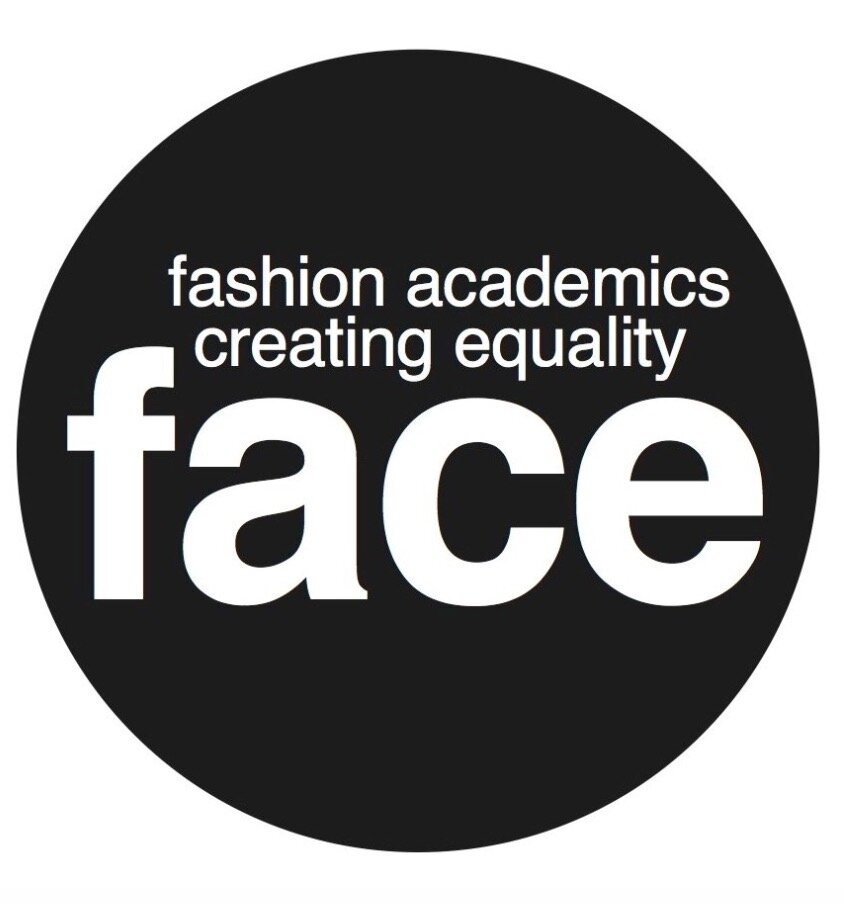Challenging Racisms
The 4th Annual Challenging Racisms conference, held at Westminster, Little Titchfield St campus, London on May 8th 2025. This all-day event was aimed at fostering dialogue in a safe, learning space, to generate practical outcomes for anti-racist practice. Report by Westminster Senior Tutor and FACE Associate, Joyce Thornton.
A stirring Keynote speech was given by the inspirational Professor David Mba FREng PFHEA. He is one of only two Black university Vice-Chancellors in the UK.
Professor Mba has led Birmingham City University since 2023 and previously, as part of a long, distinguished academic career, was Deputy Vice-Chancellor for Research, Knowledge Exchange and Enterprise at UAL. His speech “The Universals of Identity: Sameness and Difference” highlighted many issues that remain critical.
Focussing first on the advantages of social cohesion, Mba used McKinsey research demonstrating that diversity boosts innovation, creativity and business outcomes. “This is the ultimate goal of social harmony - where different racial and ethnic groups feel valued, bringing tolerance and understanding while lowering tension, division and conflict,” he reported. Mba’s firm belief that everyone deserves equal opportunities and equitable outcomes, no matter what their background. This, we agree, is best served by a cohesive national identity focusing on shared values, to cut across races and cultures.
“This is the ultimate goal of social harmony - where different racial and ethnic groups feel valued, bringing tolerance and understanding while lowering tension, division and conflict.”
The role of Higher Education is key in creating social stability. Educating people to the challenges that must be faced in creating an ethnically diverse society, while breaking cycles of poverty through social mobility. Mba believes that HE also has an important role to play in helping to create a stronger economy, through increased productivity.
Setting the scene, Mba outlined that the current ethnicity pay gap is between 1.9% - up to as much as 9.7%. The government’s Office for National Statistics quotes reveal that Black African, Caribbean or Black British persons earned less (£13.53 per hour) median gross hourly pay than white employees (£14.35) which has been consistent since 2012. However, alongside this inequality, some good news - minority ethnic individuals exhibit long-term upward social mobility, even more than is seen in the white population, and educational attainment is a key factor in this trend.
“Minority ethnic individuals exhibit long-term upward social mobility, even more than is seen in the white population, and educational attainment is a key factor in this trend.”
In Higher Education, BAME undergraduate students now account for 33.3% (22-23) of the total, but a common theme found in an NUS report remains; “not having a teacher who looks like me”, which directly relates to a student’s sense of belonging, aspiration, engagement and attainment. Furthermore, racial harassment remains an issue, with 1 in 20 students reporting leaving their studies because of this, as well as 3 in 20 staff leaving their jobs for these reasons.
While the proportion of BAME students in HE has remained fairly consistent, (figures from 22-23) BAME HE academics still only account for 3.7% of the whole. BAME Professors account for just 1.6%, Governors 4.8%, Senior Managers only 1.5% and finally Executives 0.7%.
“A common theme found in an NUS report remains; ‘not having a teacher who looks like me,’ which directly relates to a student’s sense of belonging, aspiration, engagement and attainment.”
On-going inequality in HE continue to be clear in the Awarding Gap. For BAME students it is 14.1% and for Black students it remains at 21.6%. Much is still be done to rectify this shocking statistic.
Also concerning, in the school sector, is that people from all ethnic groups other than white, are over-represented in applications to Initial Teacher Training courses, but increasingly under-represented in ITT enrolment onwards.
Summing up, Professor Mba called for the following principles to be adopted and firmly adhered to:
1. Proportional representation of BAME students and staff in academic, governance and leadership positions.
2. The principle of equity in student experience.
3. The strategic initiatives by institutions to reduce awarding gaps, root out systemic racism and improve inclusion.
In summary, the pace of change is painfully slow. Race and Equality recommendations in HE remain almost static from around 2009. Perhaps, legislation could be considered to implement faster routes to change. Discuss.
Thanks to the conference organisers: Dr. Deborah Husbands, Professor Dibyesh Anand and Professor Peter Bonfield (VC).


